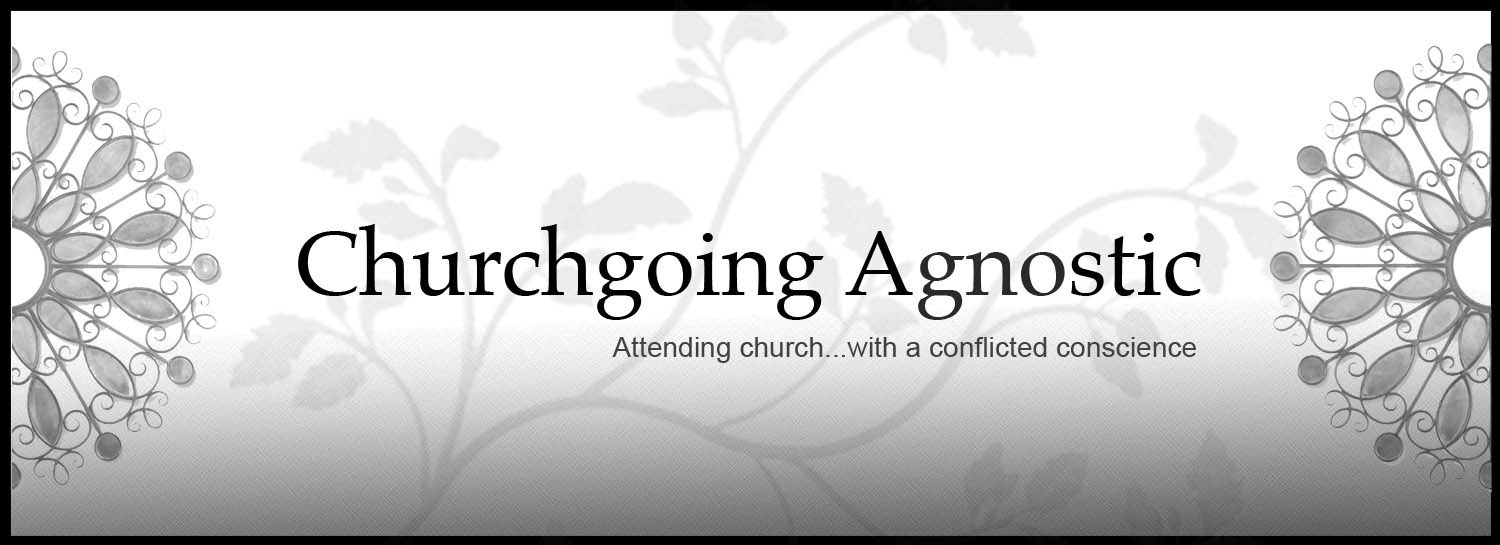
Earlier this year, I had a private e-mail correspondence with Mary Jean Irion, a now eighty-something poet and author of the 1968 book, From the Ashes of Christianity (a little-known text that I just so happened to come across while I was in seminary gathering sources for a research paper). During our e-mail exchanges about faith and reason, Ms. Irion referred me to Will and Ariel Durant's mutli-volume work, The Story of Civilization- more specifically the volume entitled The Age of Voltaire.
The Durants were gifted writers and popularizers of history and philosophy who set out to construct an unprecedented overview of recorded history that would be published for the benefit of the common reader instead of purely academic audiences. I found the Durants' assessment of history to contain the sobriety of age-tested wisdom and have found their work on the strengths and weaknesses of both religion and secular philosophy to be very helpful. Their work keeps my mind sharp and my heart soft as I ponder the cyclical and interconnected nature of life, the successes and failures of various social movements and the limits of human comprehension.
But I was intrigued by learning that Will Durant, a very reverent man, was also, by his own definition, an agnostic when it came to the question of "God." In his Dual Autobiography, written a few years before his death, Durant offered the following credo expressing his personal views:
"I am still an agnostic, with pantheistic overtones. The sight of plants and children growing inclines me to define divinity as creative power, and to reverence this in all its manifestations, even when they injure me. I cannot reconcile the existence of consciousness with a deterministic and mechanistic philososphy. I am skeptical not only of theology but also of philosophy, science, history, and myself. I recognize supersensory possibilities but not supernatural powers."
But while Will Durant himself remained agnostic throughout his life, he also nurtured a sincere respect for the role that constructive religion served in the lives of human beings. I couldn't help but to hear the sympathy in the following passage where Durant comments on the timeless appeal of religious belief:
"These church steeples, everywhere pointing upward, ignoring despair and lifting hope, these lofty city spires, or simple chapels in the hills -- they rise at every step from the earth toward the sky; in every village of every nation they challenge doubt and invite weary hearts to consolation. Is it all a vain delusion? Is there nothing beyond life but death, and nothing beyond death but decay? We cannot know. But as long as man suffers, these steeples will remain."
Think about that. "As long as man suffers, these steeples will remain." That sentence just blew my mind.



No comments:
Post a Comment